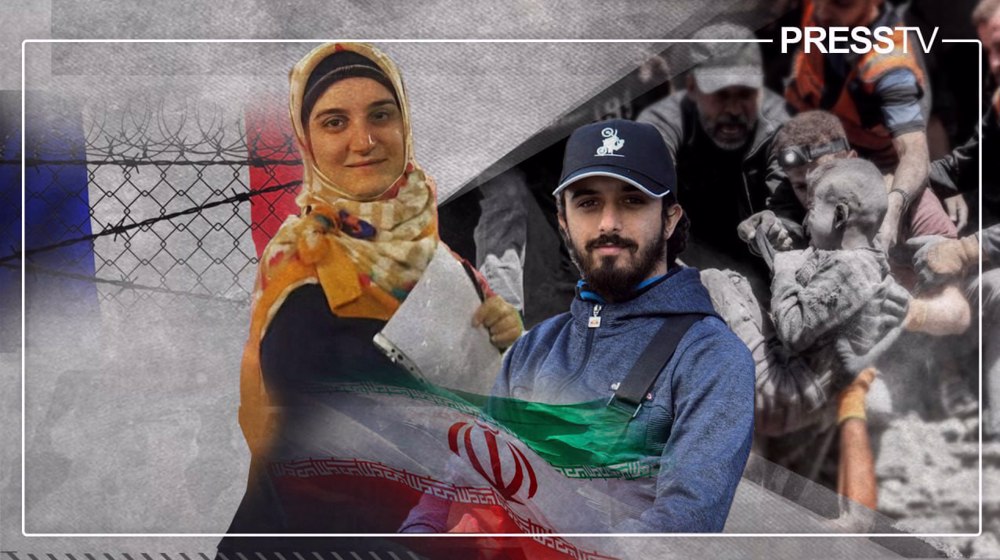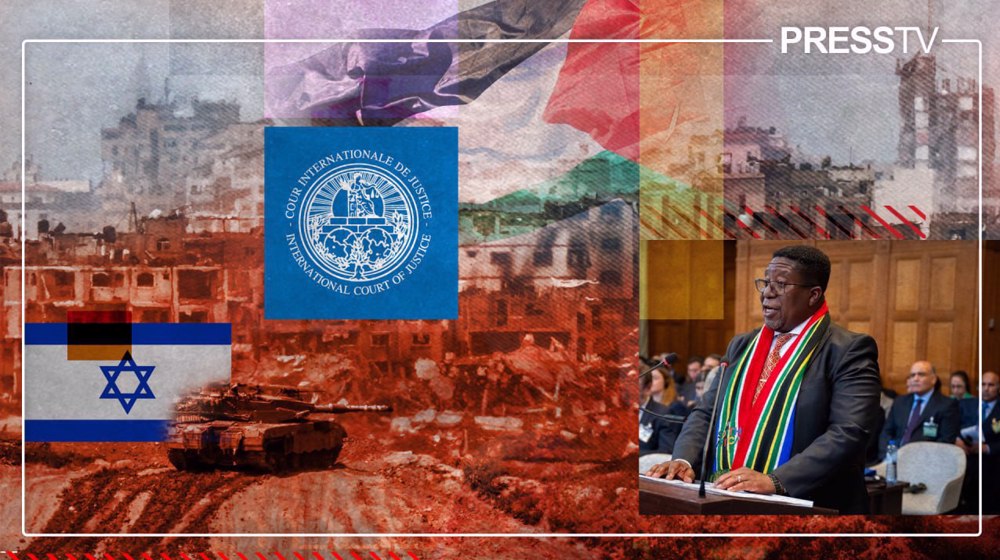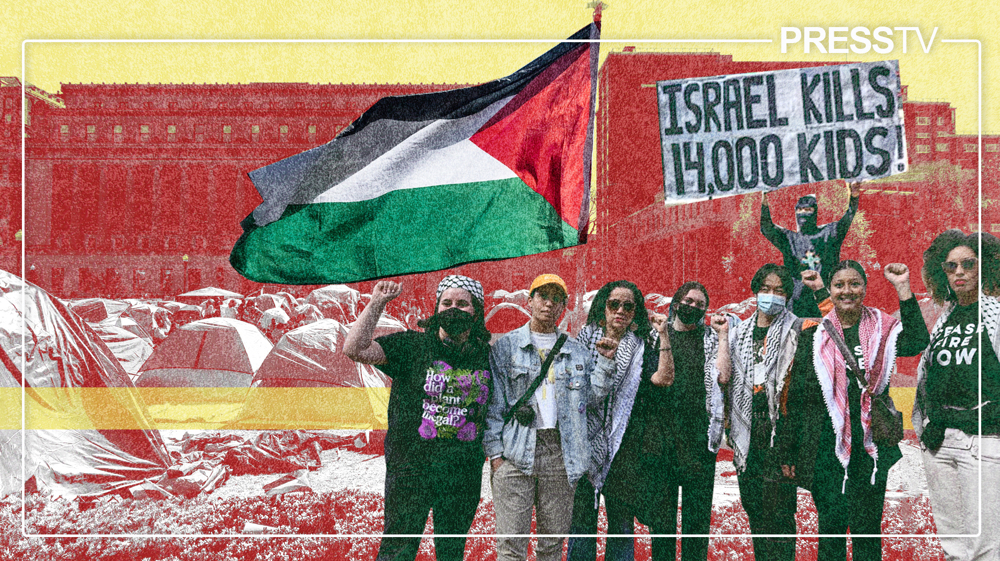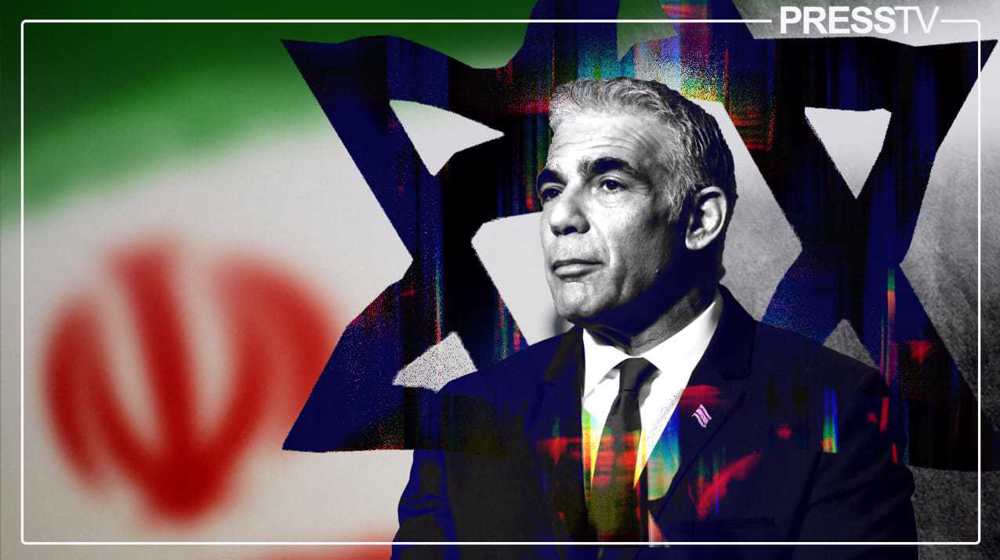The nuclear deal is not ripe yet, and Israel’s worries are irrelevant
By Elijah J. Magnier
All US administrations give themselves false credit for aiming to “contain Iran’s nuclear weapons program” that Tehran is willingly not aspiring to! In fact, Iran did not engage in any nuclear weapons program, not only due to the Sharia-based Fatwa of Grand Ayatollah Imam Ali Khamenei but also because it has demonstrated that there is no need for nuclear weapons to defend itself or deter an enemy like Israel. Iran’s verified missiles and drone capabilities and its success in establishing trustworthily dedicated and ideologically motivated allies in the Middle East are substantial deterrents. Israel and the US forces occupying parts of the Middle East have tasted Iran's allies’ capabilities during past confrontations in Lebanon and Iraq. While Israel is screaming to gain a bit more of the World’s attention, the indirect exchange of messages will continue between Iran and the US until the complete satisfaction of the Iranian requirements is achieved or the talks are suspended. It could be that the nuclear agreement between Iran and the US has matured, but the time for harvest is not yet ripe.
Before 2015, Iran had few missile and drone capabilities of the same precision and destructive power it currently processes. Yet, President Barack Obama understood that neither the Israeli shouting nor the US almighty military bases spread around Iran could deter the Iranian nuclear program and prevent Tehran’s atomic scientists from developing highly enriched uranium and modern centrifuges.
The years of negotiations around the “nuclear deal”, known as the “Joint Comprehensive Plan of Action” (JCPOA), diverted the World's attention, and mainly the US’s, from Iran’s advanced missile program that Tehran secured to an unprecedented level. This is why, when President Joe Biden took office, he believed the return to the JCPOA was the only way. However, he wrongly thought that Iran was eager to comply unconditionally with the nuclear deal and would accept any dictate from the US administration- which itself left the JCPOA four years ago!
It took some time for Biden’s administration to realize that the new Iranian President Ebrahim Raeisi was committed to the JCPOA under Iran’s terms but was not in a hurry to sign any deal that didn’t correspond to Iranian national security. Raeisi allowed his Foreign Minister Hossein Amir-Abdollahian to start the talks in Vienna five months after his nomination, unbalancing all Western expectations. Raeisi made it clear, he “never pins hope” on Vienna talks.
Furthermore, Iran has established a mechanism to stop any government from taking a unilateral decision related to concluding the JCPOA by delegating the power to the Majlis (parliament) to approve the nuclear deal before its signature. There were enough indications to the West that Iran would not trust the US re-commitment without guarantees due to European inaction and US sanctions in 2018 when Donald Trump abandoned the deal. If the West wants to prevent the Iranian possession of a nuclear bomb - that Iran has never built - it should come to terms with Iran’s demands, mainly because it is the US, and certainly not Iran, that proved itself untrustworthy.
US President Joe Biden contacted European leaders in Berlin, Paris and London as a step that was considered a prelude to tangible progress in the nuclear agreement. Another positive sign appeared, manifested by the Israeli anger that they are "not concerned if the nuclear agreement is signed," insinuating they could attack Iran. Israel may believe that the World could offer some attention to its continuous screaming. Tel Aviv understands that its enemies – Iran and its allies - have reached a compelling deterrence capability and that the Israeli menace has lost its credibility.
The European mediator Josep Borrell confirmed that the Iranian proposals are "reasonable". Nevertheless, the European officials’ opinion seems to count very little in the US administration’s view since Europe adopted a passive-positive role towards the Iranian’s proposals. The US-Iran talks do seem to necessitate further indirect discussions regarding suspended issues.
However, following the exchange between the Iranian government and the last reply of the US administration, it is inevitable that more exchanges of messages can be expected due to the absence of the sufficient guarantees requested by Iran. The negotiation door is never closed to diplomacy as long as the two sides are talking and gradually advancing toward re-installing the JCPOA. Notwithstanding the US's aggressive position towards Iran since 2018, Tehran continues to show it will not turn the West’s eyes blind to its nuclear program. It is not shutting down all the IAEA remaining satellite-linked 40 cameras, or preventing the IAEA inspectors from visiting its atomic sites.
The US has no means but the IAEA inspectors and satellite-linked cameras installed in Iran’s nuclear sites to monitor the advanced nuclear technology. Yet, Tehran is in a proper position to prevent the IAEA’s access and has turned off dozens of cameras in the past in response to the US-Israel sabotage and illegal terrorist acts in Iran. Over 20% of the total IAEA nuclear monitoring is dedicated to Iran, which possesses only 2% of the World's atomic activity and capability. This shows how flexible and transparent Iran is and how worried the West is about the Iranian nuclear development.
Moreover, the US continues to return to the old narrative of the presence of “three secret Iranian nuclear sites” to twist Iran’s arm or use as a bargaining tool. Iran refused to redress its areas of influence in the Middle East as part of the nuclear talks. Instead, it previously expressed its willingness to discuss its presence and the presence of US forces in the Middle East and its bases deployed in several countries around Iran. Tehran is ready to discuss its role when the US is ready to put on the table its devastating role in the Middle East (Iraq, Syria, Lebanon and Yemen) and the total withdrawal from the region.
Iran has successfully neutralized the negotiation over its precise strategic missiles and armed drones ,which it has developed over the past decades. This has angered Israel, which cannot attack Iran face to face without full US participation and commitment to war. Iran’s precision missiles can hit any target in Israel, where the domestic front proved fragile during three days of battles with the “Palestinian Islamic Jihad”. Two years ago, Israel pulled out its troops from the borders with Lebanon for eight months after the Lebanese Hezbollah’s threat to retaliate against the killing of a Hezbollah militant in Syria. A direct Israeli confrontation with Iran would open the doors of hell in the Middle East on multiple fronts. Iran has generously equipped its allies with adequate precision missiles, drones, anti-ship missiles and a lot of warfare experience. These alone challenges can confront Israel, which is no longer in a position to challenge Iran or its allies.
In the last weeks, the Lebanese Hezbollah threatened to initiate a war on Israel by drilling gas and oil from the disputed maritime area. Israel is finding it difficult to submit to Hezbollah’s demand without damaging the current government that is expected to run domestic elections in the coming months. The confrontation with Iran is a different issue, where Israel must expect to face a devastating war that it has never seen before.
Iran is not worried about Israel or the US military capabilities. Tehran has not made any concessions and is negotiating from a position of power, while the West is demanding the return of Iran to the energy markets with its2.5 million barrels per day. The western sanctions against Russia have led to an increase in oil prices, which in the past months ranged from $140a barrel at their peak to $100 per barrel in the last week of August, a price which has exhausted the western coffers of countries importing energy.
It is no longer surprising to see inflation figures in Iran climb to 41.5 per cent after 43 years of sanctions when the rest of the World is equally suffering. The inflation rate in the rich-sanctions-free European Community countries ranged between 9.8 to 21.3 per cent (Latvia), and the inflation level among the North Atlantic Treaty Organization (NATO) countries reached 79.8 per cent (Turkey). At the same time, energy prices in Europe rose from 39.7 per cent to 42 per cent. This means that US sanctions turned against their creators can no longer push countries and governments to submit to the policy of US hegemony. The best examples are Cuba, Iran and Venezuela, which have stood against US dominance for decades.
Along with its missile program, Iran has made remarkable progress in the nuclear field and created generations of atomic scientists despite the assassination of several of its nuclear scientists, the latest of whom is Mohsen Fakhrizadeh. It has acquired very advanced nuclear knowledge, mainly in producing special fuels and enriched uranium from 5% to 60%. Iran has developed centrifuges from the first generation allowed in the JCPOA to the sixth and the ninth generation under the most severe western sanctions. Iran’s nuclear program has been subjected to military and cyber sabotage operations and strict international control without slowing the Iranian capabilities in several strategic fields. No future deal can reduce the level of advanced technology in the nuclear area that Iran has reached.
Iran says that the nuclear agreement is completed only when signed and that the atmosphere of optimism or pessimism is not to be considered. Consequently, the day of the arrival of the foreign ministers of Iran, Hossein Amir-Abdollahian, and the US, Anthony Blinken, will be the day the agreement is signed and concluded. However, the expected date of the meeting has not yet been set, and further negotiations are needed to “harvest” the nuclear deal, despite it having reached a stage close to maturity. In the meantime, Iran continues its orientation, consolidating its capabilities and alliances in West, Central and south Asia.
Iran’s dedication to deter Israel, and its rejection of the US dominance, have been achieved.
The Iranian government will not negotiate endlessly with the US administration even if the Iranian economy would benefit from lifting all sanctions. Iranian tolerance is not limitless, and Iran keeps the option open to shut its doors at a certain point.
Elijah J. Magnier is a veteran war correspondent and a Senior Political Risk Analyst with decades of experience covering the West Asian region.
(The views expressed in this article do not necessarily reflect those of Press TV.)

Cases of Esfandiari and Hazamy: France’s quiet war on Muslim, Iranian, pro-Gaza voices

South Africa has no choice but to support resistance against Israel's genocide in Gaza

The April Revolution: One-year anniversary of Gaza solidarity encampments in US
VIDEO | Press TV's news headlines
VIDEO | Russia to begin gas supplies to Iran via Azerbaijan, boosting energy ties
VIDEO | Protesters in Damascus slam Arab silence on Gaza
VIDEO | S African protestors decry America’s ongoing support for global aggression
VIDEO | Spokesperson: EU committed to diplomatic solution with Iran
Iran, Oman discuss arrangements for third round of indirect Tehran-Washington talks
Iran offers mediation as India-Pakistan tensions escalate
VIDEO | Massive rally in Yemen continues support for Palestine despite US aggression







 This makes it easy to access the Press TV website
This makes it easy to access the Press TV website